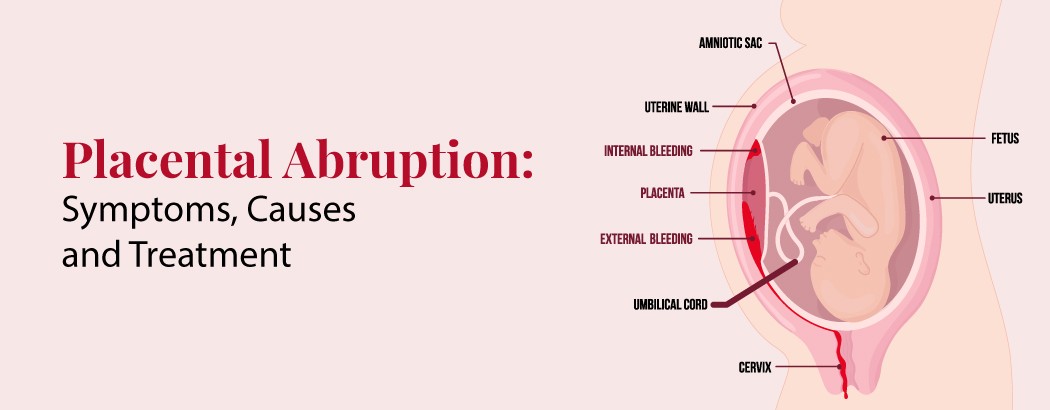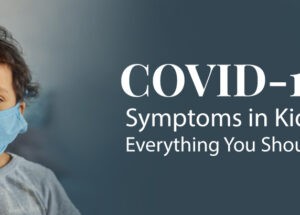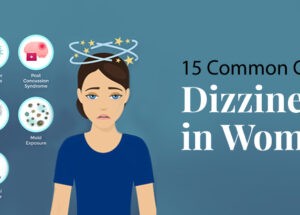Omicron symptoms: common symptoms of omicron variant
January 19, 2022

Throughout the Covid-19 pandemic, the entire world has been experiencing different variants of covid-19 and its repercussions. CDC expects that anyone with Omicron infection can spread the virus to others, even if they are vaccinated or don’t have omicron symptoms
In November 2021, a variant of the SARS-CoV-2 coronavirus emerged and was named omicron by the World Health Organization (WHO) which currently lists the omicron as a variant of concern. There are shreds of evidence that Omicron is spreading significantly faster than the Delta variant across countries.
Early findings indicate that there is a reduced risk of hospitalization for omicron compared to the Delta variant. But, WHO warns that it should not be taken lightly. Increased transmission is expected to have more hospitalizations. It is also important to remember that all variants of Covid-19 can cause severe consequences and result in death including the delta variant.
Symptoms of the Omicron Covid-19 variant
Early evidence suggests that for most people, at least those who have taken their Covid vaccines, omicron appears to cause milder illness that can resemble the common cold, another form of the coronavirus.
Most Common Symptoms of Omicron variant
The most common symptoms for the “Omicron” variant
- Fever
- Cough
- Tiredness
- Loss of taste and smell
Less common symptoms of Omicron variant
Less common symptoms for the new COVID Variant “Omicron” are
- Sore throat
- Headache
- Aches and pains
- Diarrhoea
- A rash on the skin
- Discolouration of fingers or toes
- Red or irritated eyes
Serious symptoms of Omicron variant
Serious symptoms for the new COVID Variant “Omicron” are
- Difficulty breathing or shortness of breath
- Loss of speech or mobility, confusion
- Chest pain
8 Omicron symptoms in fully vaccinated people
- Headache
- Cough
- Runny nose
- Extreme fatigue
- Sore/scratchy throat
- Fever
- Muscle pain
- Joint pain
One peculiar symptom of the Omicron variant is excessive night sweats.
Is the Omicron variant more severe than the Delta variant?
The Omicron variant of covid-19 is highly transmissible compared to Delta. The viral load is much higher in Omicron, which means that someone infected with the Omicron variant is more infectious than someone infected with the Delta variant. Omicron is between two and four times more contagious than Delta.
How lethal is Omicron compared to the delta variant?
Omicron is less likely to infect the lungs yet it is much more contagious than Delta, and it’s a great threat. Omicron is at least 1.5-2 times more transmissible than Delta, which has resulted in the very large numbers of infections around the world in a short span of time. It is also 2-3 times more capable than Delta of infecting those who have been fully vaccinated, or those who have had a previous infection.
Read also: Exercise to strengthen your lungs
What precautions should we take to protect ourselves from the Omicron variant?
With the increase in the number of omicron and delta variant cases, being extra careful and taking precautions to protect ourselves from the virus are very important. It is extremely important to follow the protocol instilled by the government to avoid omicron symptoms
The mandatory precautions which need to be followed are
- Wear a mask that covers your nose and mouth (N95 mask is the most effective one to stay protected against the virus)
- Make sure that your hands are clean when you put on and remove your mask
- Keep a physical distance of at least 1 meter from others
- Avoid poorly ventilated room or area
- Stay away from crowded spaces
- Open windows to improve ventilation indoors
- Wash your hands regularly
- Get double vaccinated
- Eat healthy to improve your immunity
Following these protocols can have a positive impact on society and help in reducing the number of cases and to avoid omicron symptoms.
Get Your COVID-19 Vaccination Today!
Role of vaccines in Omicron variant of Covid-19
The vaccines that are currently available are expected to protect people against severe illness, hospitalization and death that occur due to the infection with the omicron. However, people who are fully vaccinated are likely to fall sick to the infection. With other variants, like Delta, vaccines have remained effective at preventing severe illness, hospitalizations, and death. The unvaccinated are at real risk irrespective of the variant.
Omicron symptoms in children
It is equally important to take care of your children as the cases in India are rising. It is necessary to look after the children and strengthen their immunity. It can be increased with the help of some home remedies and a healthy diet. Before that, the common symptoms of omicron that are found in children are
- High fever
- A persistent cough
- Fatigue
- A persistent headache
- Sore throat
Now, in such situations, strengthening their immunity is crucial.
- Adding more vegetables to their plate is necessary in order to stay immune to the virus. Vegetables like carrots, sweet potatoes, beans among others are very important in increasing immunity.
- Amla is an excellent immunity booster.
- Turmeric milk has the power to boost immunity and also it will also reduce the infection present in the throat.
- Citrus fruits are rich in vitamin C as well as antioxidants and they help in building an indestructible wall of immunity in the body.
- Ginger and garlic contain antibiotics and they help in increasing the good bacteria in the body. Apart from this, they boost immunity, which gives the body the strength to fight diseases.
- Tulsi extract boosts immunity and prevents infection from entering the body. It also gives instant relief to throat infections. Giving two to three drops of basil extract in lukewarm water to the children twice or thrice a day builds immunity.
Ever since Covid-19 started spreading across the globe, we have been experiencing different variants and their consequences. However, we need to take vaccines and precaution doses from Rela multispciality hospital and follow all the necessary protocols to fight against it together.







